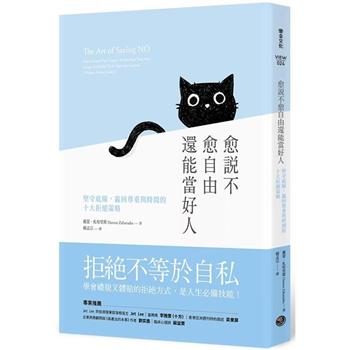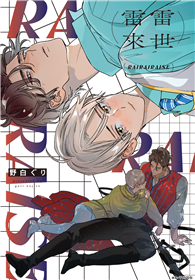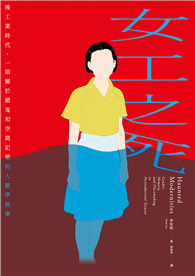Born in Buenos Aires, Alejandro Fogel has excavated existence, both temporal and ephemeral for over 40 years.
His work has taken the form of writing, paintings, installations, prints, videos, photographs and travel performances transforming mundane objects and materials into treasured possessions that document his encounters with the overlappings of time, geography, philosophy, physics, history and peoples. Though it all, he follows his father’s journey in war-torn Europe and South America and how it intersects and diverges with his own journey.
As in life, much of his work is stored in sealed boxes waiting to be deteriorated by time and obsolete
technologies. As the stories he tells are consumed by the passage of time, often losing relevance and disappearing, his material analog art works are also fading and becoming only memories. Some of his pieces quickly become blank as they are made with consumer products designed to rapidly self-destruct. Others fade slowly, darkened to obscurity. They all follow the same ultimate destination.
Fogel’s work is an exploration of the interstices of modern and ancient structures and their metaphysical, cultural, and historical value to contemporary society; their transformation and final extinction.
Alejandro Fogel has received numerous awards and honors and exhibited his work around the world. He
was a Fellow of the Institute of Current World Affairs, where he studied and wrote about the descendants of the Incas now living in Argentina. He was also an artist-in-residence at the Rockefeller Foundation Study and Conference Center in Bellagio, Italy. He received the Rolex Award for Enterprise to publish his multidisciplinary project, The Incas Road. Alejandro Fogel’s surviving works are currently disappearing in museums and private collections worldwide.
He lives in New York City with writer Shelley Berc.











